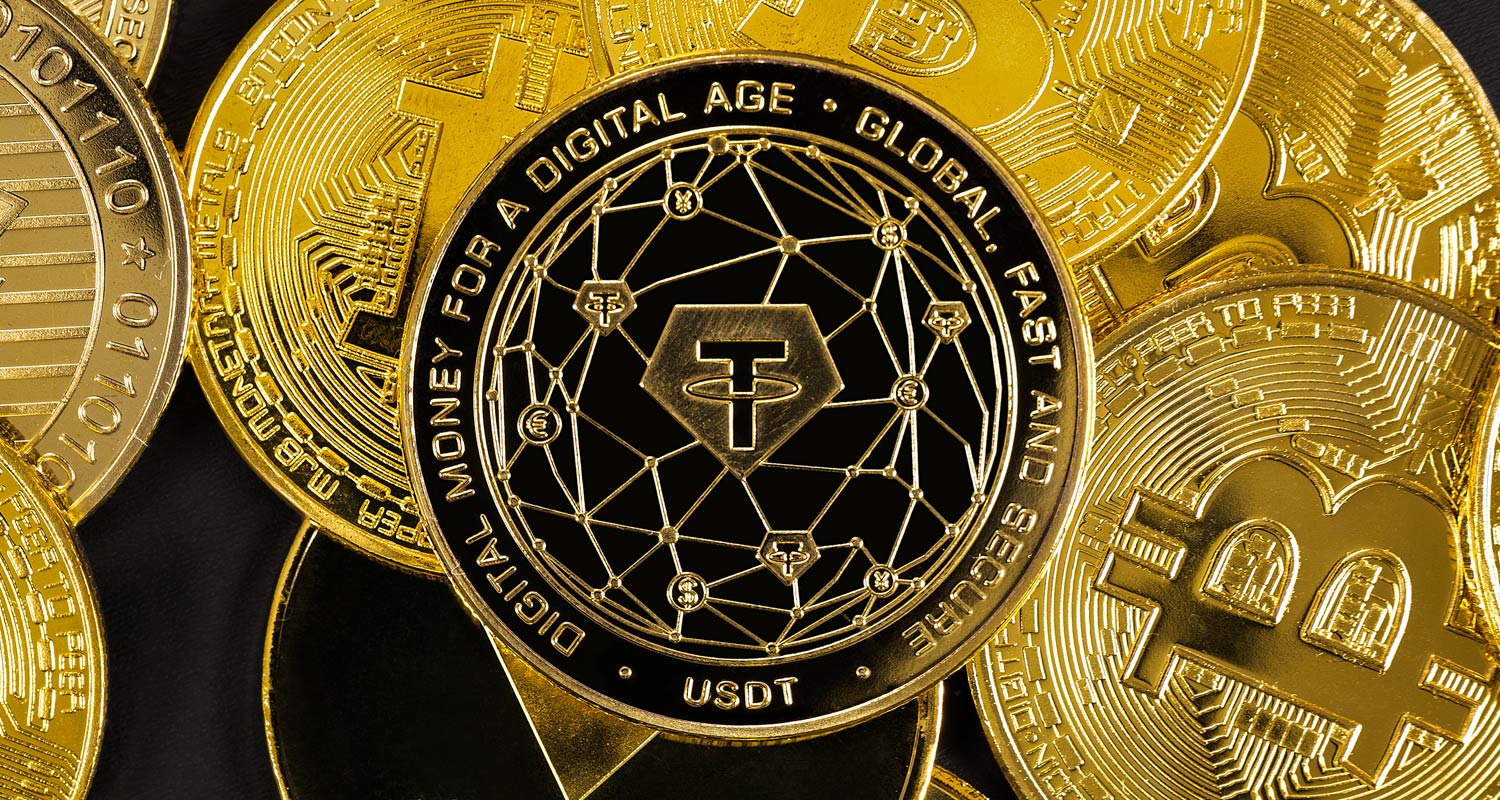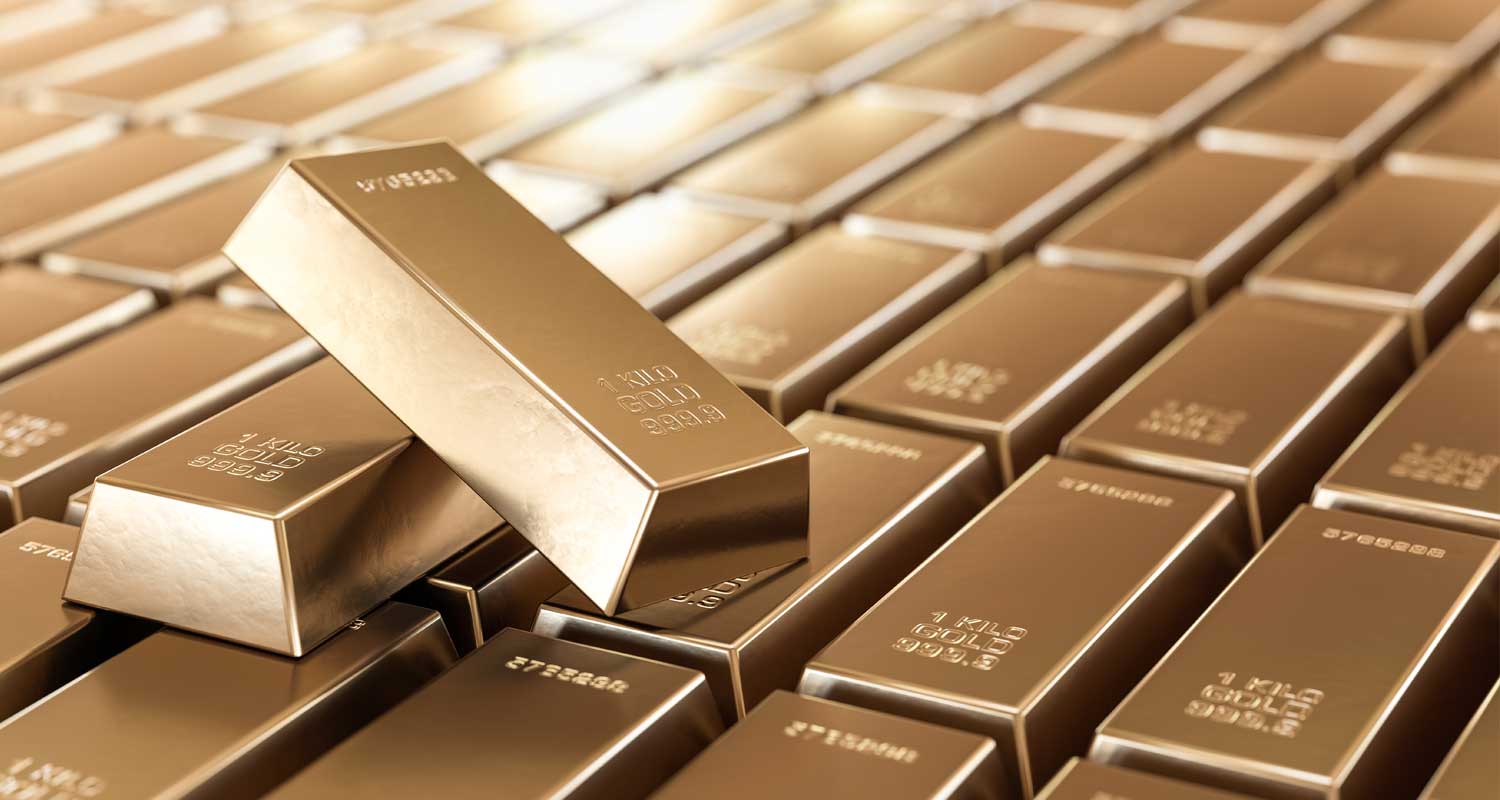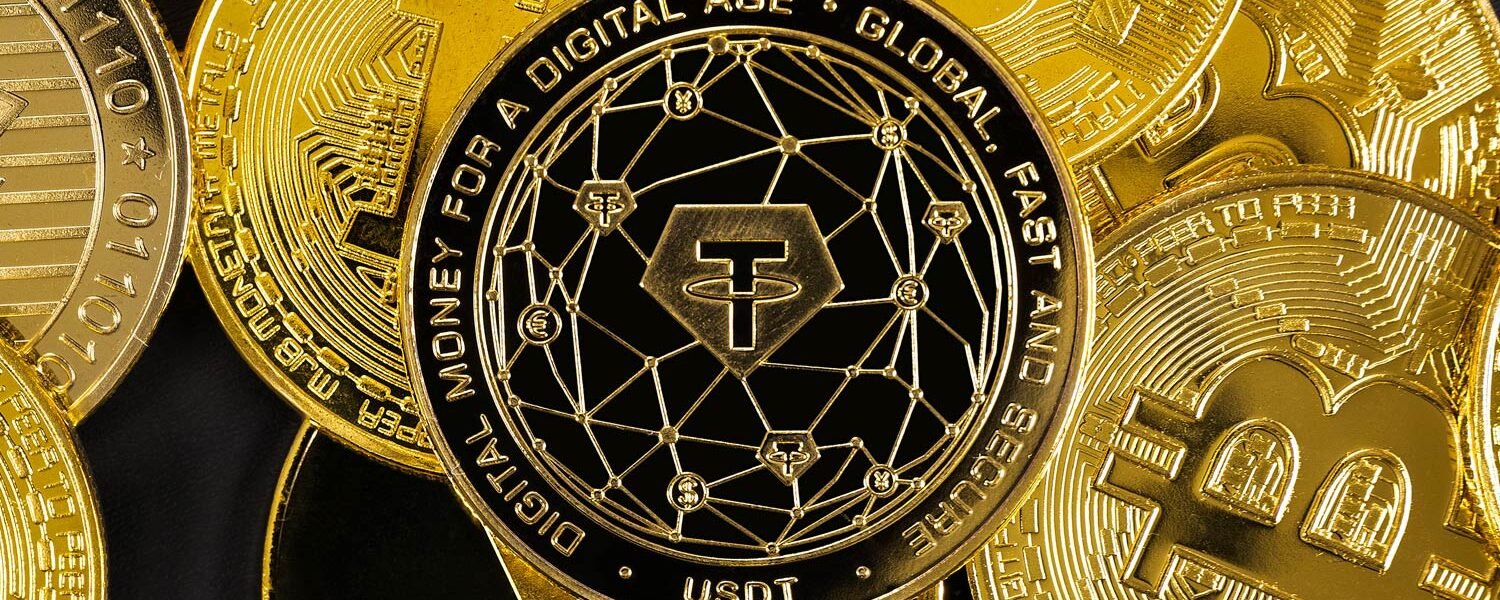 Stablecoins are growing in popularity as investors seek to de-risk themselves from the volatility of the bitcoin market. Stablecoins are cryptocurrencies whose worth is tethered to an external asset, such as traditional fiat currency, commodities or financial instruments.
Stablecoins are growing in popularity as investors seek to de-risk themselves from the volatility of the bitcoin market. Stablecoins are cryptocurrencies whose worth is tethered to an external asset, such as traditional fiat currency, commodities or financial instruments.
The stability in the value of stablecoins like Tether’s USDT, whose value is tied to the US dollar, is attractive to emerging market investors looking to protect their assets from being eroded by fluctuations in the value of their local currency – the rand in South Africa, for example – against the dollar.
But there are those who fear that even the mighty US dollar isn’t invincible, calling for tethering to assets that hold their value for even longer.
“If the US dollar fails, then the entire world economy fails, too… Realisations related to the global fiat currencies led us to starting Tether Gold because, I think, the US Fed (Federal Reserve) prints about $1-trillion every three months,” said Paolo Ardoino, CEO of Tether, in a webinar last week hosted by Farzam Ehsani, CEO of South African crypo exchange platform VALR.
“In ancient Rome, Cicero said one ounce of gold could get you a nice vest and a nice pair of shoes. Today gold is about $2 000, and with that you can buy a nice suit and a nice pair of shoes. Similarly, when the Fed was born in 1913, the ratio between one ounce of gold and a barrel of oil was 27:1, and that is still the same today,” said Ardoino.
One percent of all issued Tether Gold tokens are backed by physical gold held in Swiss vaults. According to Ardoino, this is better than having a dollar-tethered stablecoin because it avoids the value-eroding effects that the printing of money by the Federal Reserve has on the value of the currency and its derivatives.
Huge trading volumes
Gold, on the other hand, is a limited natural resource that cannot be easily reproduced.
“If you want to be at ease as the US economy keeps printing dollars, then gold is where you should be. If you want something that can’t be confiscated and is resilient to whatever will happen, then use bitcoin,” said Ardoino.
According to Ardoino, the valuations, or market capitalisations, of the most prominent stablecoins offered by Tether are: US$50-million for Tether Euro (linked to the euro); $500-million for Tether Gold and an astonishing $103-billion of USDT.
Read: Bitcoin and gold are both hitting records – but why?
USDT is used by 300 million people worldwide. Contrary to banks, which could potentially lend out up to 90% of their cash holdings, Ardoino said Tether has a “full reserves” policy that has helped it stay in business even though some of its competitors are no longer operational. USDT also has 5% of its profits reinvested in the fund, also done deliberately to give investors more security.
According to Blake Player, head of growth at VALR, USDT is the most highly traded co-pair on the VALR platform. VALR processes more than $20-million in bitcoin transactions a day, but the Tether component is often more than that, said Player.

“It really has exploded and become the predominant store of value and means of exchange outside of using the banking rails” in South Africa, he said.
Unlike the US and European markets, where the largest USDT traders are “market makers” and hedge funds, Player said that organic buyers and sellers make up the bulk of the transactions in the South African market. Many of these traders are local companies that are looking to hedge themselves against rand devaluation; for supplier invoices that they must pay in a few months’ time; or to make payments in import-export transactions.
Read: Cryptocurrencies and exchange control: what the law says
“When Tether created the stablecoin industry in 2014, the simple use case was crypto arbitrage. But in 2020, with the [Covid] pandemic, USDT started being used as a store of value. It has changed form and its primary use case multiple times. USDT is now becoming the second-line currency for trade finance, and that is exciting because it’s a way to expedite trades that would take weeks or months traditionally,” said Ardoino. – © 2024 NewsCentral Media


